Alberta RCMP link four historical homicides to deceased serial killer
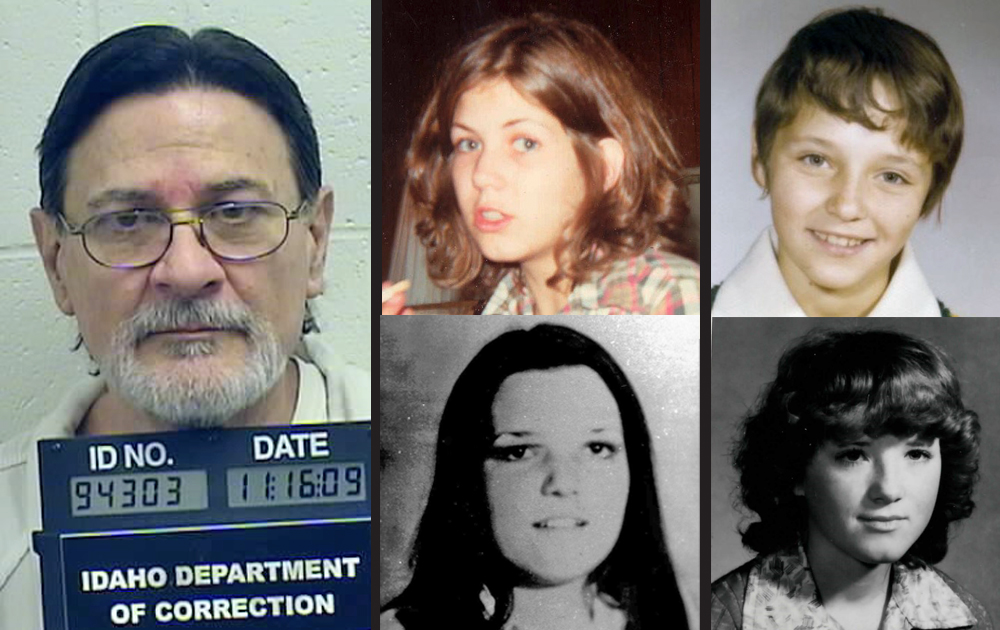
Alberta RCMP have linked four historical homicides of young women from the 1970s to a now deceased serial sexual offender names Gary Allen Srery. The Alberta RCMP Historical Homicide Unit (HHU) believe there may be more unsolved homicides in Western Canada related to this individual.
Eva Dvorak (14) and Patricia McQueen (14)
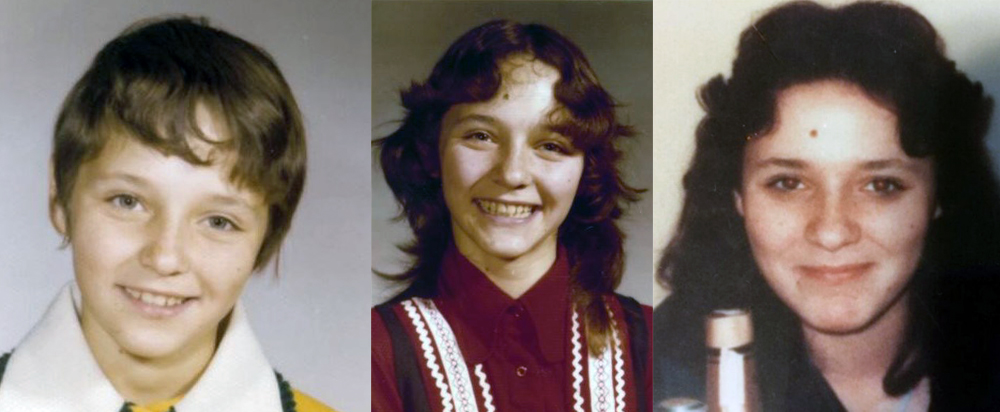
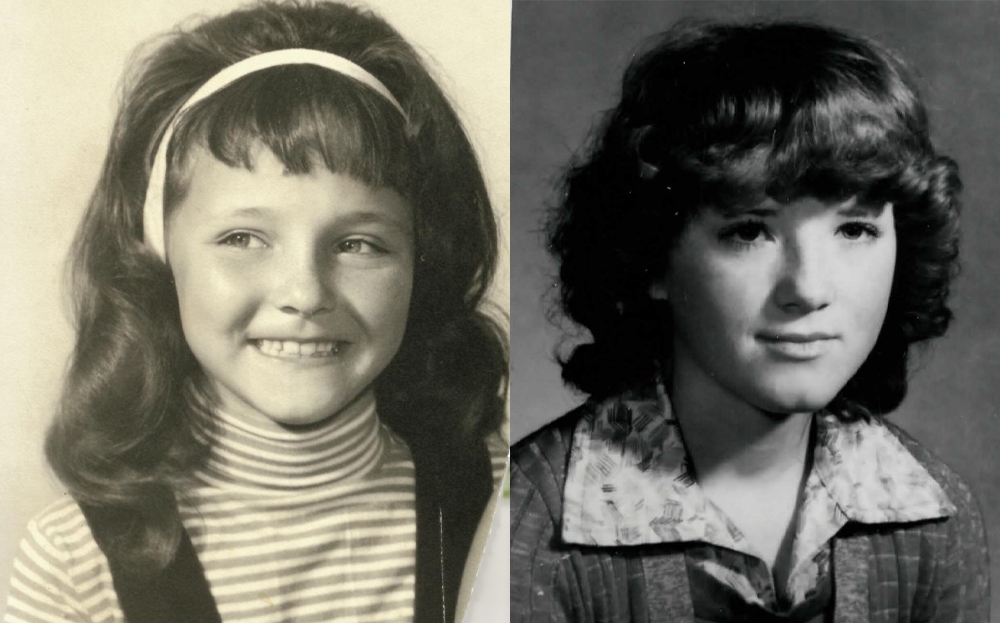
In 1976, Eva Dvorak and Patricia (Patsy) McQueen, both 14-years-old, were junior high school students residing in Calgary. The teenagers were friends who spent time together in and outside of school. On the evening of Feb. 14, 1976, Eva and Patsy were last seen walking together in downtown Calgary.
On Feb. 15, 1976, at approximately 10:40 a.m., the young women were found deceased under the Happy Valley Overpass on Highway 1, west of Calgary.
Melissa Rehorek (20)
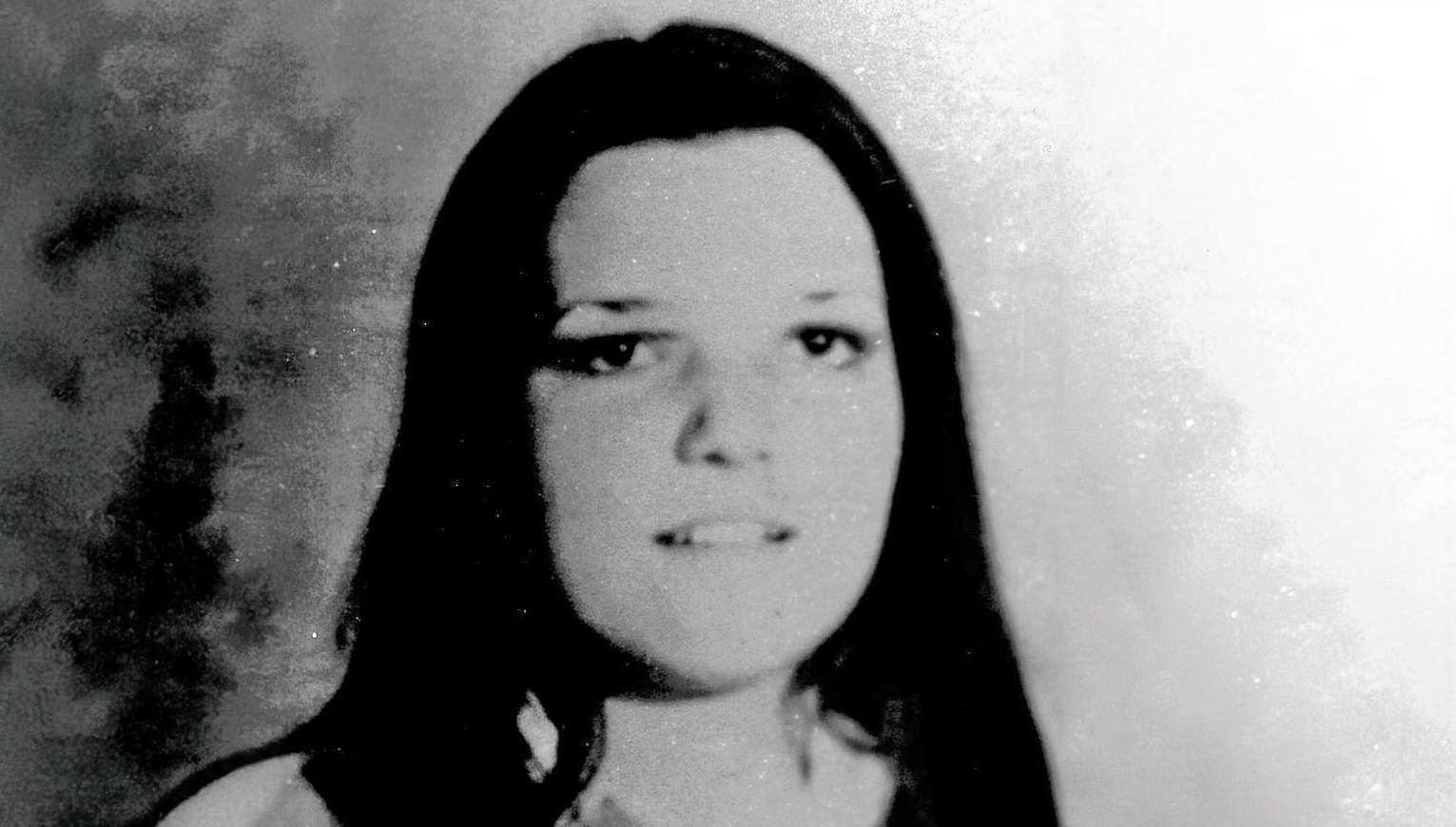
In the spring of 1976, 20-year-old Melissa Rehorek relocated to Calgary from Ontario. At the time of her death, Rehorek was employed as a housekeeper and living at the YWCA in downtown Calgary. Rehorek was last seen on the evening of Sept. 15, 1976, by a roommate. She had intended on hitchhiking out of the city during her days off.
On Sept. 16, 1976, at approximately 10:50 am, her body was located in the ditch on what is now known as Township Road 252, approximately 22 kilometres west of Calgary.
Barbara MacLean (19)

In 1977, Barbara MacLean was 19-years-old. Originating from Nova Scotia, Barbara had moved to Calgary six months prior and was employed at a local bank. On Feb. 25, 1977, Barbara attended the Highlander Hotel bar in Calgary with friends. She was last seen walking alone from the hotel in the early hours of Feb. 26, 1977.
Barbara’s body was discovered by a dog walker in the area of 6th Street and 80th Avenue NE, Calgary, approximately six hours later.
Autopsies were conducted on all four victims. The Medical Examiner was unable to determine the cause of death for Eva Dvorak and Patsy McQueen. Consequently, their deaths were not ruled homicides, but rather investigated as sudden deaths. Melissa Rehorek and Barbara MacLean’s cause of death was asphyxiation due to manual strangulation.
Exhibits seized from all four victims were submitted to the RCMP’s National Forensic Lab Services for testing. Although seminal fluid was discovered at all three crime scenes, the technology did not exist to develop a DNA profile at the time.
From the onset, similarities between Melissa Rehorek and Barbara MacLean’s deaths led investigators to believe the same suspect was responsible for both homicides.
Over the past 40 years, the Alberta RCMP exhausted investigational means in an attempt to identify the person(s) responsible for these tragic deaths. These files were never closed and were continually being reassessed under the microscope of new information, advancement in technology, and evolution of police techniques.
In 2003, with the advancement of enhanced DNA analysis, police were able to confirm the same suspect was linked to both Melissa Rehorek and Barbara MacLean’s murders through DNA. At that time, the suspect’s DNA was compared against the National DNA Databank without a match. The profile was uploaded into the Databank and went without a hit for over 20 years.
When the tool known as Investigative Genetic Genealogy (IGG) became available, the Alberta RCMP were hopeful they could identify the unknown DNA contributor linked to the Melissa Rehorek and Barbara MacLean homicides.
In 2021, the RCMP and CPS formed a true partnership to use IGG to successfully identify the suspect.
RCMP investigators re-examined the exhibits that they had seized over 45 years ago. They worked with the RCMP lab and Parabon NanoLabs to develop a single nucleotide polymorphisms profile that was in turn uploaded to GEDMatch and FamilyTreeDNA.
Genealogists from Convergence IGG were able to start building a family tree based on the SNP profile while CPS consulted with them and completed target testing to help drive the genealogy portion forward. When target testing was complete, Convergence IGG was able to provide a suspect hypothesis.
Analytical queries confirmed the suspect’s connection to Canada and that he had a criminal record of committing violent acts on women.
The resulting investigation, which took RCMP investigators throughout Alberta, British Columbia and several US states confirmed this hypothesis.
During this same time, crime scene evidence was resubmitted to the lab from the Dvorak and McQueen investigation. The same unknown male DNA profile was identified on both victims that matched the unknown male DNA profile from the Rehorek and MacLean murders. In light of this new information, the RCMP believed that the same male offender was responsible for the deaths of all four victims.
The RCMP, utilizing the information provided through IGG, began a cross border investigation into United States citizen, Gary Allen Srery (born 1942). Srery died of natural causes in an Idaho State prison in 2011 while serving a sentence for rape. With assistance from Interpol and Idaho State Police Forensic Services, Srery’s DNA was confirmed as a match to the unknown male DNA profile present on all four Calgary victims.
The Alberta RCMP believe Gary Allen Srery is responsible for the murders of Patsy McQueen, Eva Dvorak, Melissa Rehorek and Barbara MacLean.
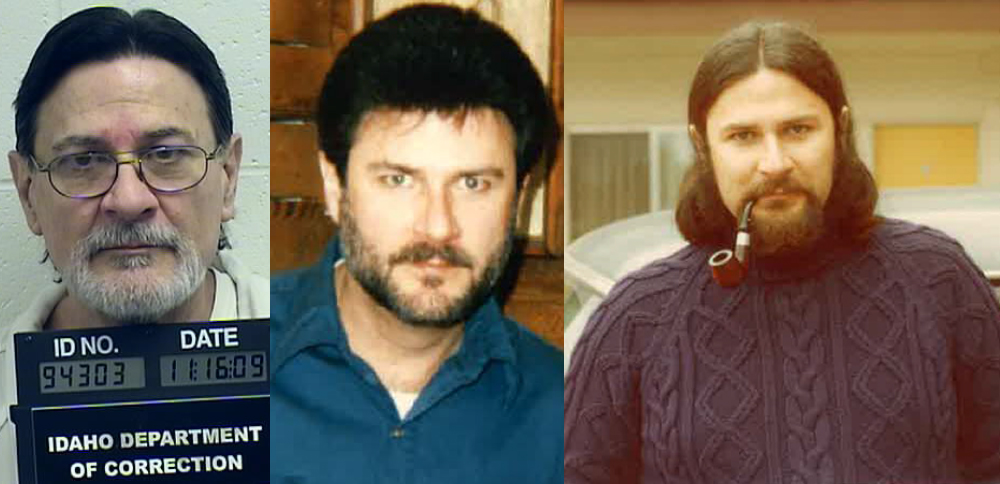
Through the background investigation into Srery, members of the Alberta RCMP HHU were able to establish the following:
- Gary Allen Srery was a US citizen who was residing illegally in Canada at the time of the murders;
- Prior to coming to Calgary, Srery had an extensive criminal record in the United States for sex related offences including forcible rape, kidnapping, burglary and sexual perversion;
- Srery appeared to flee the US sometime during 1974 after posting bail for a rape charge in California;
- Srery lived under aliases in Calgary in 1976 and 1977 that included, but were not limited to, Willy Blackman and Rex Long;
- Srery lived a transient lifestyle and worked occasionally under the table as a cook;
- Srery was adept at frequently changing his appearance, place of residence and vehicles; and
- Srery lived in Alberta and British Columbia from the mid to late 1970s up until 2003 when he was deported.
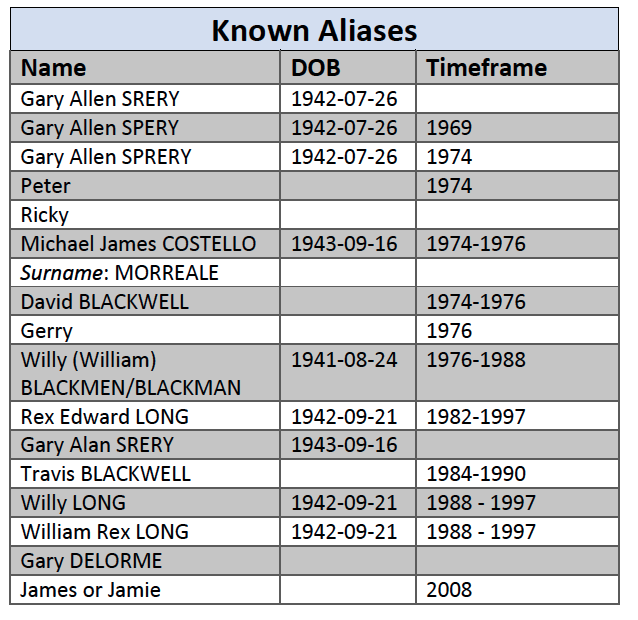
Srery’s criminality spanned decades, over multiple jurisdictions, under numerous aliases, and the Alberta RCMP believe there may be more victims.
We are asking the public to assist in further establishing Srery’s timeline in Canada. If you recognize Gary Srery or knew him by one of his many aliases the Alberta RCMP want to hear from you. For tips, please contact the Alberta RCMP Historical Crime Unit via K-IDEOLOGY@rcmp-grc.gc.ca or by phone at 780-509-3306.
If you believe Srery may be associated to or responsible for a crime in your jurisdiction, we ask that you reach out to the policing agency within that jurisdiction to report.
“For over forty years, investigators did not give up in their pursuit to identify those responsible for these murders,” said Superintendent David Hall, Officer in Charge of the Alberta RCMP’s Serious Crimes Branch. “Identifying the perpetrator does not bring Eva, Patsy, Melissa or Barbara back. It is our hope however, that the families are finally able to have some answers as to what happened to their loved ones all of those years ago.”
“Regardless of how much time has passed, we remain relentless in pursuing justice for all Calgarians,” said Insp. Kevin Forsen of the CPS Major Crimes Section. “In this case, our investigators dedicated countless hours lending their Investigative Genetic Genealogy expertise to the RCMP and are grateful to have played a part in finding answers for the family.”
To the families and friends of other unsolved homicide victims – the Alberta RCMP would like to assure you that no case is ever closed and that investigators are tirelessly invested in pushing files forward through the use of new technology, partnerships, and new information.
The RCMP would like to thank the Calgary Police Service and Convergence Investigative Genetic Genealogy for their assistance and support throughout the course of this investigation.
Click Here to read victim Family Statements
Click here to view Srery’s Crime Map
Fraser Logan
Alberta RCMP




